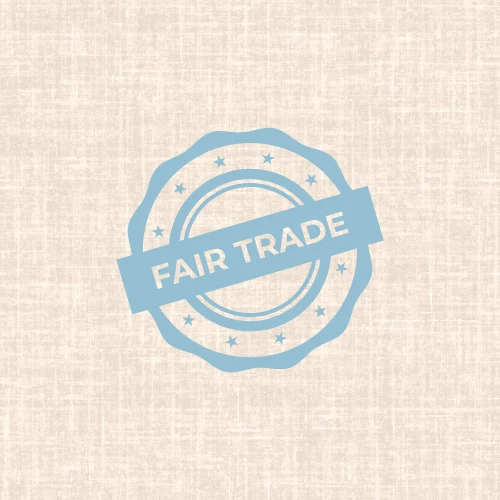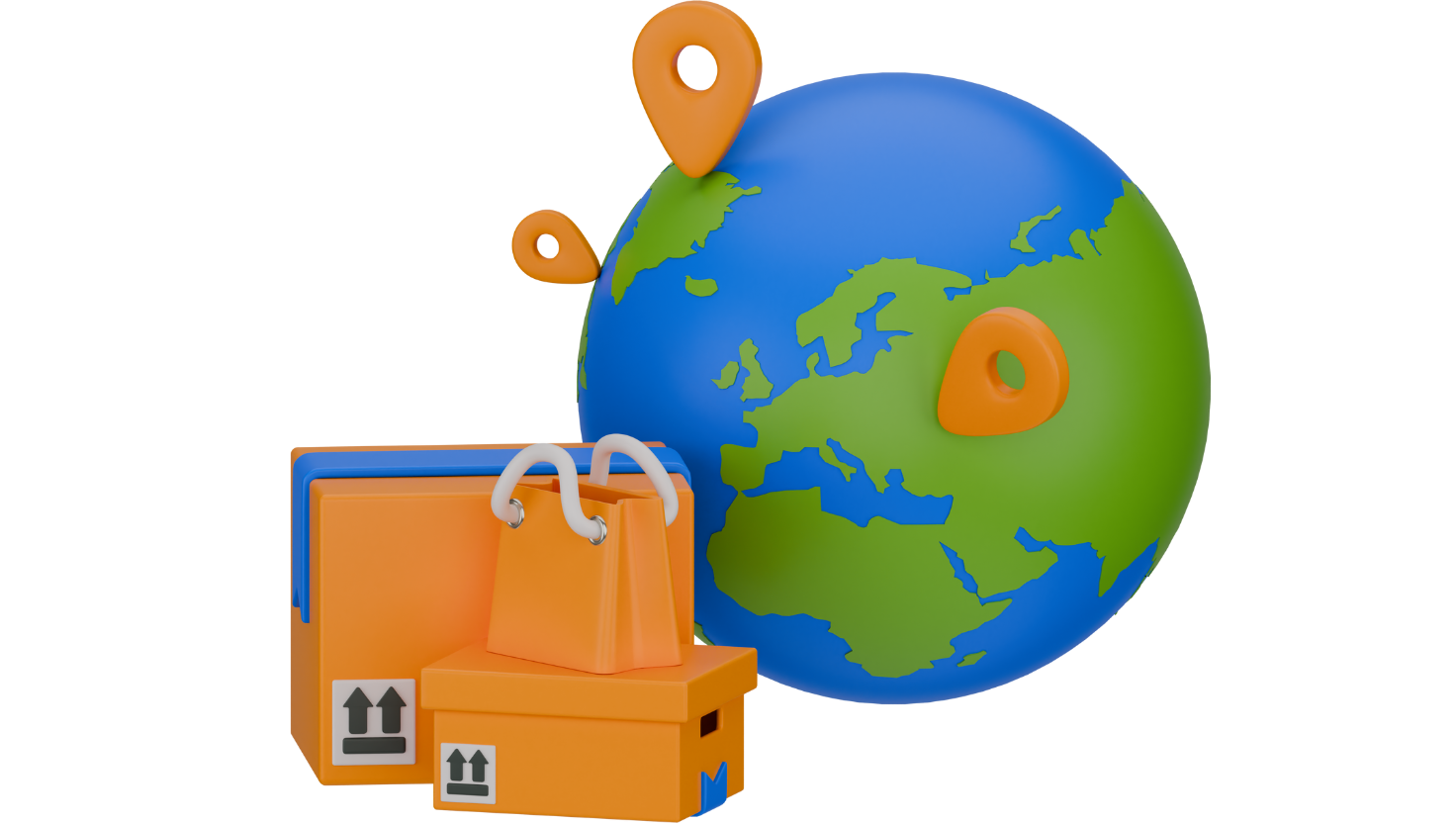What is Fair Trade and Why it Matters in Bharat’s Sustainable Fabric Industry

What is Fair Trade and Why it Matters in Bharat’s Sustainable Fabric Industry
In today’s era of conscious consumerism, Fair Trade is more than just a buzzword—but what does it actually mean, especially in the Indian context? And how does it relate to your favorite handwoven saree, naturally dyed fabric, or ethically produced apparel?
Let’s break it down in the most practical, easy-to-understand way—so you, as a conscious customer, can spot authentic fair trade products and make purchases that truly make a difference.
What is Fair Trade?
Fair Trade is a global movement aimed at ensuring ethical treatment, fair wages, safe working conditions, and environmental responsibility throughout the supply chain. It’s about putting people and the planet before profits.
In India, fair trade safeguards local artisans, farmers, and textile workers—often from marginalized communities—by preventing exploitation in the fast-fashion race.
Why Fair Trade Matters in Textiles
Empowers Artisans & Weavers
Many village weavers are underpaid despite their exceptional skill. Fair trade ensures minimum wages, dignity, and long-term empowerment.
Preserves Traditional Crafts
Fair pricing encourages artisans to continue heritage weaving styles—like Kadhwa, Jamdani, and Ikat—that are otherwise fading.
Supports Sustainable Farming
Natural fabrics like cotton, banana, bamboo, and Tencel come from crops. Fair trade supports farmers with fair pay and eco-friendly farming practices.
Promotes Gender Equality
Many women in the handloom sector benefit from fair trade, which ensures equal pay, safe workplaces, and leadership opportunities.
Ensures Transparency
As a customer, you know exactly where your fabric came from and who made it—ensuring authenticity and accountability.
How Did the Fair Trade Movement Start?
Fair trade began in the 1940s–50s to provide better market access for marginalized producers. In India, the movement grew with initiatives like Fair Trade India, Craftmark, and AIACA (All India Artisans and Craftworkers Welfare Association).
Supportive Indian laws include:ksa
- The Minimum Wages Act & Equal Remuneration Act
- Environmental Protection Laws (Air, Water, Waste)
- Child Labour (Prohibition and Regulation) Act
Key Principles of Fair Trade
- Fair Pricing
- Safe & Ethical Working Conditions
- Environmental Sustainability
- Transparency & Accountability
- No Child or Forced Labour
- Capacity Building for Producers
- Community Development
How to Identify Fair Trade in the Indian Market
- Ask questions: Who made this fabric? Were they paid fairly?
- Look for labels:
- Fair Trade Certified™
- Craftmark
- GOTS (Global Organic Textile Standard)
- Handloom Mark (Govt. of India)
- Trace the origin: Transparent brands often showcase artisan stories.
- Check materials & processes: Look for natural dyes, handloom weaving, and GI-tagged craft clusters.
- Trace the origin: Transparent brands often showcase artisan stories.
What You Can Do as a Buyer
- Choose brands that share real artisan stories.
- Support local handloom fairs, exhibitions, and ethical fashion events.
- Opt for quality over quantity—invest in fewer, better pieces.
- Ask your retailer about fabric sourcing.
- Educate friends and family about what fair trade truly stands for.
Useful Links for the Curious Buyer
Final Word: Conscious is Beautiful
Every time you choose a naturally dyed, handloom-woven fabric made under fair trade conditions, you’re voting for a better world.
For the weaver.
For the farmer.
For the planet.
For yourself
And for future generations.
So next time you shop, remember—it’s not just a fabric. It’s a fabric of life.
Further Reading
With Love & Grace,
Team BhaWe
Recent Posts
CREATED WITH CARE ❤️ CRAFTED WITH LOVE















